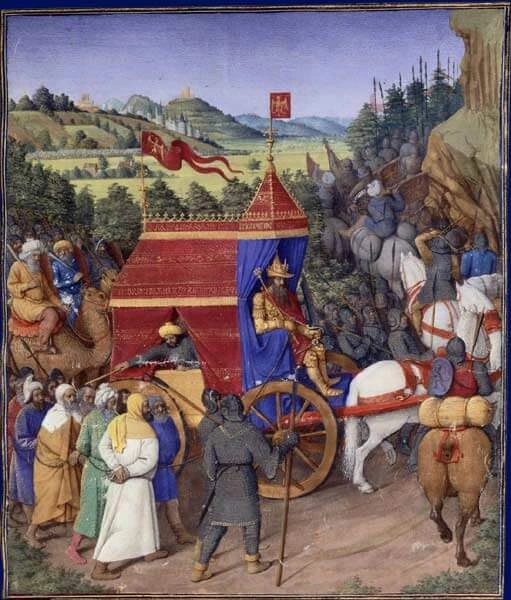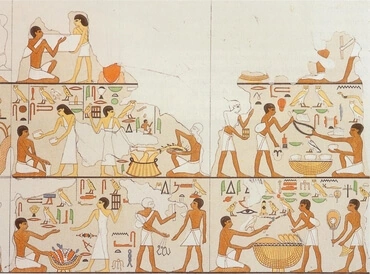1
Und Jona betete zudem HERRN, seinem Gott, im Leibe des Fisches
2
und sprach: Ich rief zu dem HERRN in meiner Angst, und er antwortete mir ich schrie aus dem Bauch der Hölle, und du höretest meine Stimme.
3
Du warfst mich in die Tiefe mitten im Meer, daß die Fluten mich umgaben; alle deine Wogen und Wellen gingen über mich,
4
daß ich gedachte, ich wäre von deinen Augen verstoßen, ich würde deinen heiligen Tempel nicht mehr sehen.
5
Wasser umgaben mich bis an mein Leben; die Tiefe umringete mich; Schilf bedeckte mein Haupt.
6
Ich sank hinunter zu der Berge Gründen; die Erde hatte mich verriegelt ewiglich. Aber du hast mein Leben aus dem Verderben geführet, HERR, mein Gott!
7
Da meine Seele bei mir verzagte, gedachte ich an den HERRN; und mein Gebet kam zu dir in deinen heiligen Tempel.
8
Die da halten über dem Nichtigen, verlassen ihre Gnade.
9
Ich aber will mit Dank opfern; meine Gelübde will ich bezahlen dem HERRN, daß er mir geholfen hat.
10
Und der HERR sprach zum Fisch, und derselbe speiete Jona aus ans Land.








